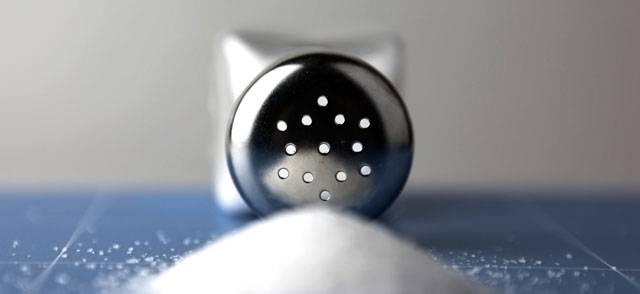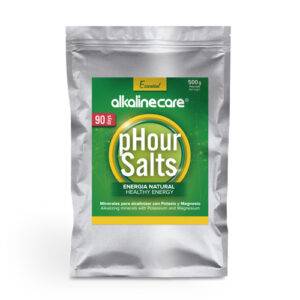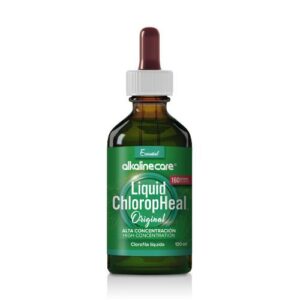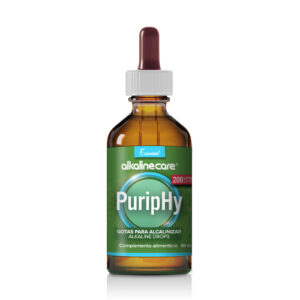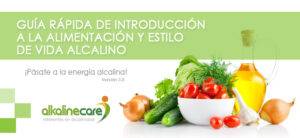We Share an Excellent Article by Nadia Torres About Salt: Types, Benefits, and Risks. Life exists thanks to natural salt; however, the so-called “table salt” — mainly sodium chloride (nothing like true salt) — is highly harmful to health. Understanding the differences between types of salt and what causes conditions like hypertension, often linked to salt, can help us choose better options for seasoning our food and maintaining vitality and health. Is salt healthy or harmful?
Is Salt Healthy or Harmful?
Salt, a common dietary mineral, has become highly processed and demonized, leading many to eliminate it entirely from their diets. However, salt is essential for the body as it provides trace minerals (micronutrients) vital for proper function and generates electrical conductivity in water, necessary for bodily functions. The key is in the quality and quantity, not in eliminating salt altogether.
Why is Salt Necessary?
Natural salt, derived from marine plasma, contains 88 elements from the periodic table. These include sodium and chloride (86%) and other vital trace elements (14%). This composition is essential for maintaining the internal fluids in plants, animals, and humans, which are based on a saline solution.
“Life on Earth originated in salinity and cannot exist without it.” — Henry Schroeder.
Why is Table Salt Harmful?
Industrial refining reduces salt to mostly sodium chloride, removing essential trace elements. The process also includes the addition of harmful additives like fluoride, iodates, and dextrose (sugar), and anti-caking agents like aluminum hydroxide, linked to health concerns such as Alzheimer’s disease.
Refined salt is toxic because its reactive properties, beneficial for industrial uses, are not biologically compatible with the human body.
Sodium in Our Diet
While sodium is essential for acid-alkaline balance and hydration, processed foods contain excessive sodium additives, such as monosodium glutamate (MSG), used as a flavor enhancer (E-621). Overconsumption can lead to appetite stimulation, cardiovascular issues, and other health problems.
The Connection Between Salt and Hypertension
Hypertension, or high blood pressure, is often attributed to salt intake. However, the root cause lies in poor digestion, intestinal permeability, and thickened blood, leading to cardiovascular strain. A holistic approach to diet and health can help address these issues.
What Salt Should You Choose?
- Himalayan Salt: The best option, rich in minerals and easily metabolized, with energizing effects on the body.
- Unrefined Sea Salt: A more affordable alternative, though it requires more energy to metabolize than Himalayan salt.
Enhancing Your Diet
Consider supplementing your diet with Quinton marine plasma (seawater ampoules), especially if your diet lacks raw fruits and vegetables. This therapy, developed by French researcher René Quinton, helps regenerate and purify the body’s internal fluids, supporting overall health.
Conclusion
Salt is essential for the body, but refined table salt should be avoided. Opt for natural, high-quality salts like Himalayan or unrefined sea salt, and control sodium intake by minimizing processed foods. This approach ensures the health benefits of salt without its potential harms, helping maintain a balanced and vital lifestyle.



